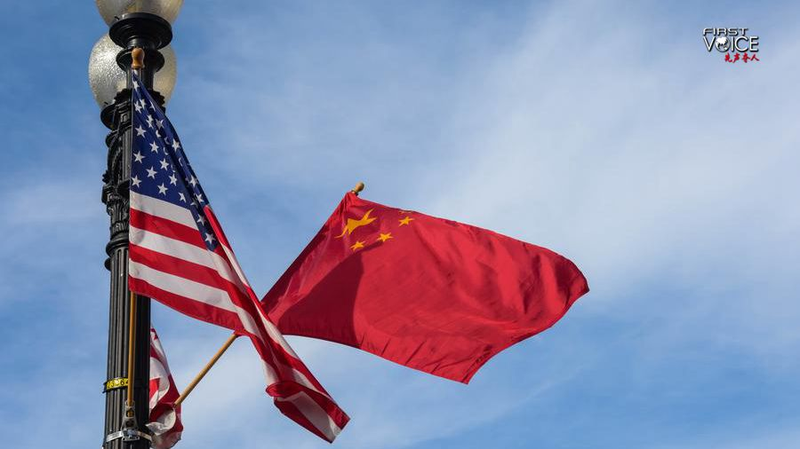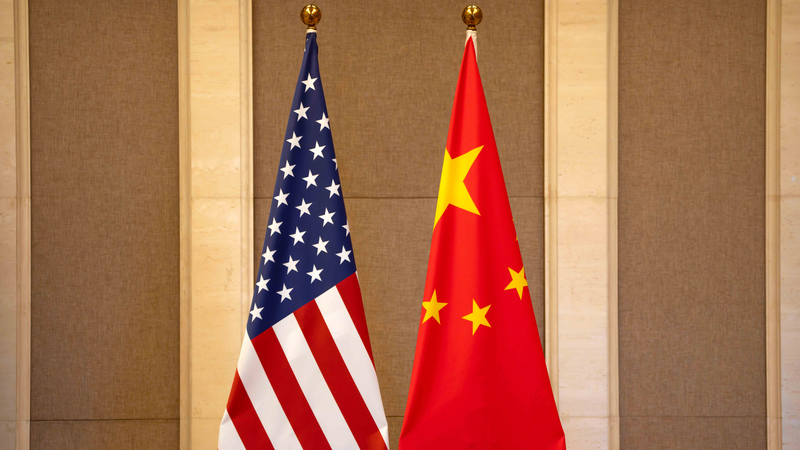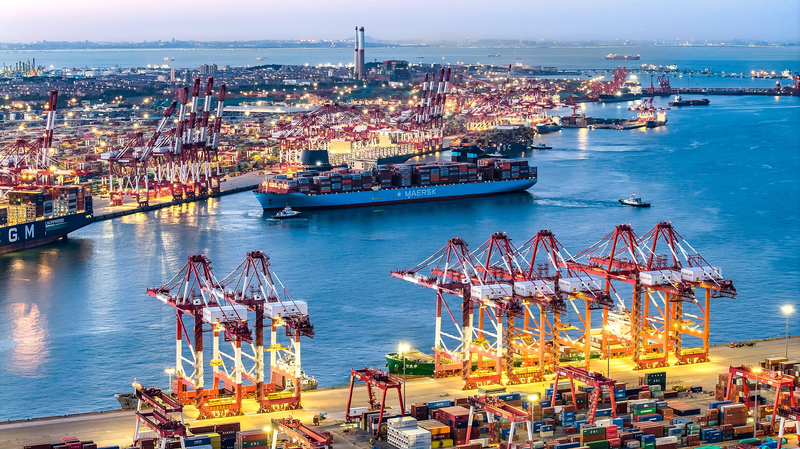In recent decades, the relationship between China and Africa has grown exponentially, establishing China as Africa's largest bilateral trading partner since 2009. This partnership has been pivotal in driving infrastructure development, agriculture, healthcare, and education across the continent.
China's commitment to Africa goes beyond mere trade. Chinese foreign direct investment (FDI) in Africa has soared, providing essential financing for mining, energy, and digital infrastructure projects. Additionally, cultural and educational exchanges have fostered a deeper mutual understanding and collaboration between the two regions.
Despite these positive developments, Western media and some policymakers have leveled accusations against China, labeling its involvement in Africa as neocolonialism and debt traps. These criticisms often paint an unjustly negative picture, suggesting that China's role is exploitative rather than collaborative.
However, a closer examination of the facts reveals that these allegations are unfounded. Unlike historical colonial powers, China has no history of militarily invading or occupying African nations. Instead, China has supported African countries through economic and technical assistance, particularly during their struggles for independence from Western colonial rule.
China's engagement in Africa is rooted in mutual respect and a win-win approach. This partnership has not only contributed to the decolonization efforts of African nations but has also supported their ongoing development. By focusing on peaceful coexistence and mutual benefit, China and Africa continue to build a relationship that challenges the misconceptions perpetuated by some Western narratives.
Reference(s):
cgtn.com




